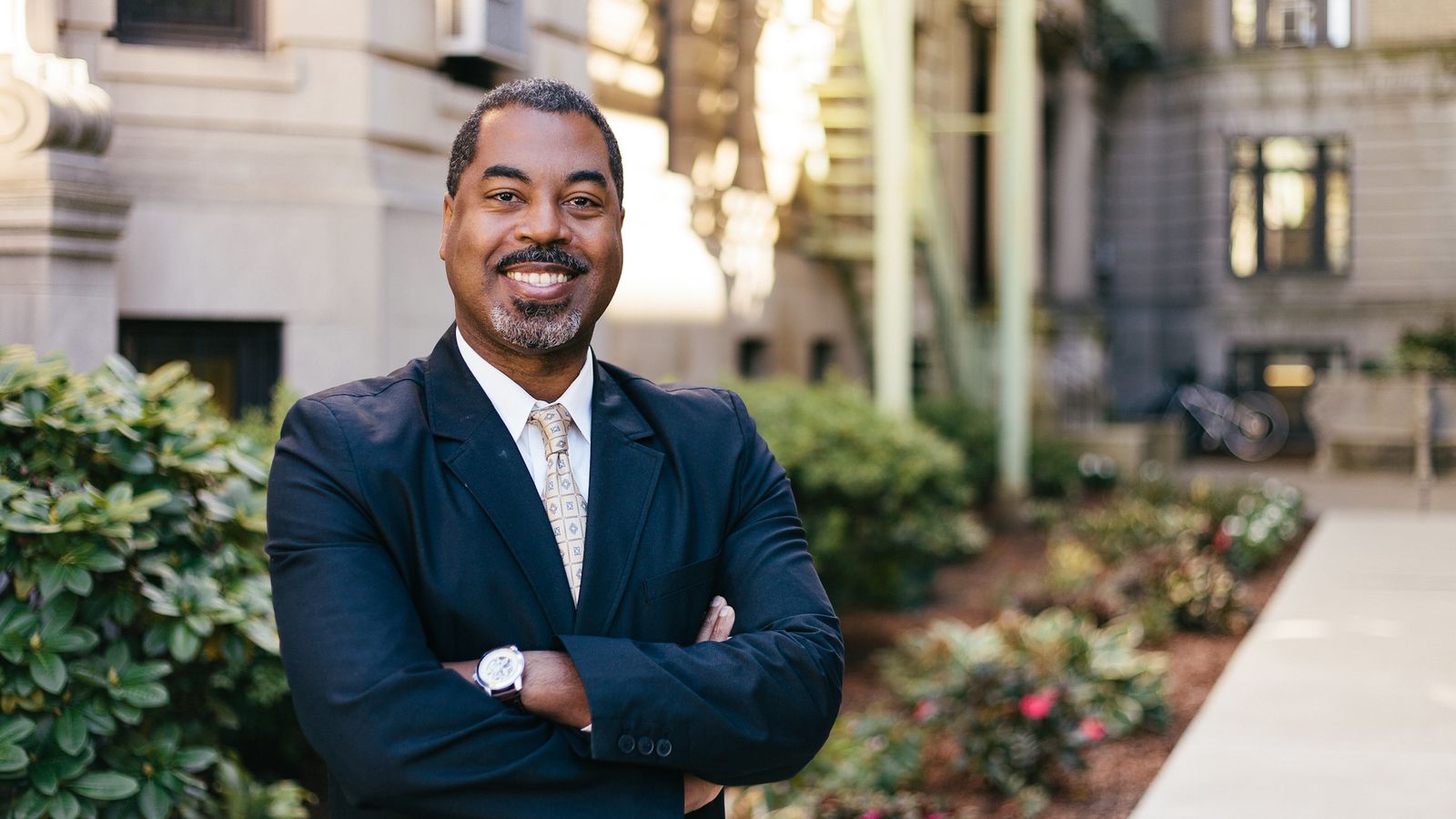Medium: Prof. Copeland on How “Rage Virus” is Infecting US Politics

In a new article published on Medium, BU School of Social Work faculty member Dr. Phillipe Copeland draws a parallel between the fictional “rage virus” in 28 Days Later and the real-world escalation of political violence in the U.S. today. Highlighting examples from the past and present, he explores the need for collective action to stand up against polarization and demonization of people with different viewpoints and identities, and against the normalization of political violence.
Excerpted from “The Rage Virus Is Back – And Not Just in the Movies” (Medium, 6/11/25) by Phillipe Copeland:
![]()
Historians remind us that political violence is nothing new. In the U.S. for example, the “Know Nothings” encouraged White Protestants to riot against primarily Catholic Irish and Italian immigrants. The now well-known 1921 Tulsa massacre destroyed a thriving Black community. Some have drawn parallels between the January 6, 2021 insurrection, and similar acts of election denialism and violence that took place in the 1870’s. Others perceive echoes of the 1930s’ political violence and rise of authoritarianism, in movements using the same tactics today.
But as the “28” films insist, whether in the past or the present, the cost of political violence is high. It spreads fear, affecting things like people’s willingness to speak up or to vote. As in the “28” films, never knowing when you could be a target puts you constantly on the defensive, ready to attack at any possibility of threat. Under such conditions, violence becomes a coping strategy, leading to more violence. The results can look apocalyptic. As in the rage virus films, some may survive but no one wins.
Dr. Phillipe Copeland is a clinical associate professor at Boston University School of Social Work specializing in racial justice, abolition, and health equity. His scholarship focuses on antiracist education, trauma, and the intersection of social justice and social welfare, particularly with BIPOC communities. He has contributed to the development of tools like the Anti-Racism Efficacy Scale (A-RES) and has been featured in media outlets such as The Daily Beast, The Boston Globe, and The Hill.